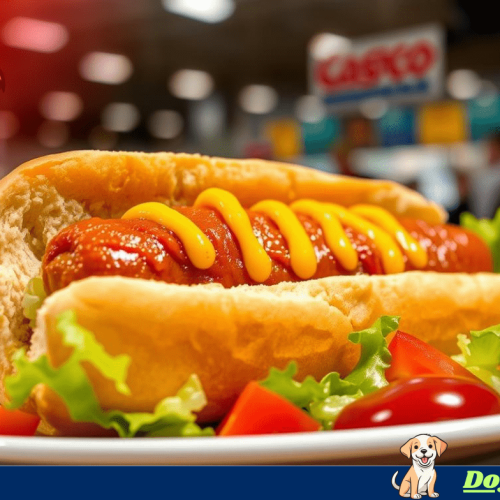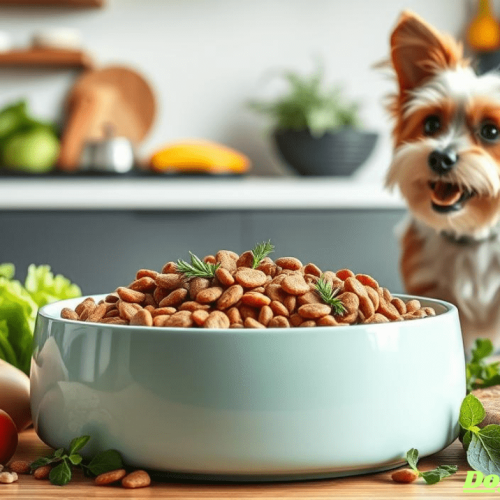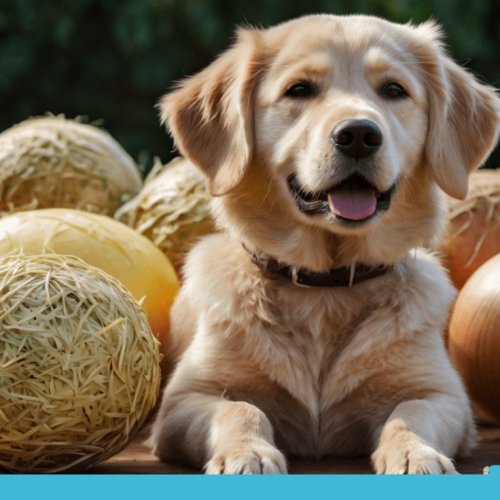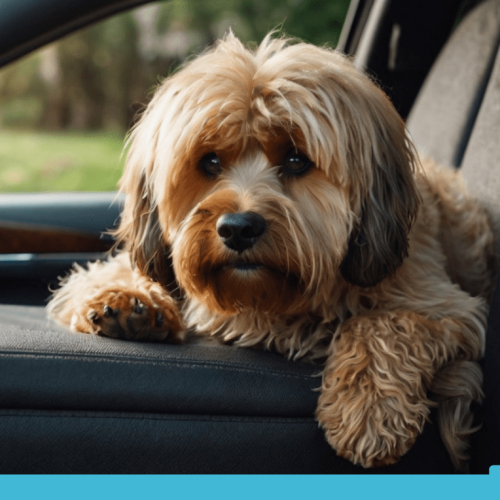Table of Contents
ToggleFrom Fear to Friendship: Understanding and Helping Puppy Mill Dogs Overcome Behavior Problems
Now, picture yourself a life locked in a dirty small cage with very few times when you get to see and talk to a human being. This is the harsh reality for a lot of dogs that come from puppy mills. As a result of this upbringing, so many dogs land in care with an array of behavioral issues. This is critical if you own a pet or care about animals and dogs. Today, we are going to dive deeper into the behavioral issues often observed in puppy mill dogs and advice on how you can help them turn fearfulness into friendship.
The Dark Reality of Puppy Mills
What Are Puppy Mills?
Puppy mills are commercial breeding facilities that prioritize profit over the well-being of dogs. In these environments, dogs are often kept in cramped conditions with minimal socialization, leading to severe physical and emotional stress.
The Impact on Dog Behavior
Many long-standing behavioural problems are a result of the harrowing circumstances in puppy mills. In addition to decreased social interaction, an unkempt appearance and subpar medical care have a trickle-down effect on the ways in which dogs can be integrated into human households or communities.
Recognizing a Puppy Mill Dog
Dogs from puppy mills often exhibit specific signs such as extreme anxiety, fearfulness, and difficulty adapting to new environments. Recognizing these signs early can help in addressing their unique needs.
Common Behavior Problems in Puppy Mill Dogs

Social Anxiety and Fear
Social anxiety is one of the most prevalent issues in dogs from puppy mills. These dogs may cower, tremble, or even become aggressive when approached by humans or other animals.
House-Training Difficulties
House training can be particularly challenging for dogs that have spent their lives in cages. They may not understand the concept of going to the bathroom outside and may have accidents frequently.
Obsessive-Compulsive Behaviors
Due to stress and confinement, many puppy mill dogs develop obsessive-compulsive behaviours such as excessive licking, chewing, or pacing. These behaviours are coping mechanisms for their anxiety and fear.
Strategies for Behavioral Rehabilitation
Building Trust Through Patience
Gaining the trust of a puppy mill dog takes time and patience. Start by creating a safe and quiet space for them to relax. Avoid sudden movements or loud noises that could startle them.
Gradual Socialization Techniques
Introduce your dog to new experiences gradually. Begin with short, positive interactions and slowly increase their exposure to different environments and people.
Positive Reinforcement Training
Use positive reinforcement techniques to encourage good behaviour. Reward your dog with treats, praise, or playtime whenever they exhibit desirable actions.
Creating a Safe Environment

Understanding Their Needs
Each puppy mill dog has unique needs. Understanding these needs and catering to them is essential for creating a safe and nurturing environment.
Providing Physical Comfort
Provide your dog with comfortable bedding, toys, and a designated safe space to retreat to whenever it feels overwhelmed.
Establishing a Routine
A consistent routine helps reduce anxiety. Regular feeding times, walks, and play sessions can significantly change their behaviour.
The Role of Professional Help
When to Seek Veterinary Assistance
If your dog exhibits severe behavioural issues, it may be necessary to seek veterinary assistance. A vet can provide medications or recommend a behaviourist to help manage their problems.
Working with Animal Behaviorists
Animal behaviourists specialize in understanding and modifying problematic pet behaviours. They can develop a tailored plan to address your dog’s specific issues.
Benefits of Obedience Classes
Enrolling your dog in obedience classes can provide structured socialization and training. It also offers an opportunity for you and your dog to bond and learn together.
The Importance of Patience and Consistency

Celebrating Small Wins
Progress with a puppy mill dog can be slow. Celebrate small victories and acknowledge the steps your dog takes towards overcoming their fears.
Dealing with Setbacks
Setbacks are natural and should not discourage you. Understand that healing takes time, and continue to provide support and love to your dog.
Maintaining Long-Term Commitment
Commit to your dog’s well-being for the long haul. Consistent care and attention are vital in helping them lead a happy and healthy life.
Building a Support System
Connecting with Other Pet Owners
Join local or online communities of pet owners and animal advocates. Sharing experiences and tips can be incredibly supportive and informative.
Accessing Resources and Support Groups
Many organizations offer resources and support groups specifically for puppy mill dog owners. These can provide valuable information and emotional support.
Involving Friends and Family
Educate your friends and family about your dog’s needs. Their understanding and support can make a significant difference in your dog’s rehabilitation process.
The Emotional Journey of Adopting a Puppy Mill Dog

Understanding Their Trauma
Recognize that the trauma your dog has experienced is profound. Understanding this can help you empathize with their struggles and be more patient in their healing process.
The Rewards of Rehabilitation
Rehabilitating a puppy mill dog is incredibly rewarding. Watching them transform from a fearful animal into a loving companion is a testament to the power of kindness and patience.
The Bond of Trust
The bond you build with your puppy mill dog will be unique and strong. Their trust in you is a sign of their resilience and your dedication.
Advocating Against Puppy Mills

Raising Awareness
Spread awareness about the realities of puppy mills. Educate others on the importance of adopting pets from reputable sources and the consequences of supporting unethical breeding practices.
Supporting Legislation
Support and advocate for legislation that aims to regulate and shut down puppy mills. Your voice can make a difference in creating better laws to protect animals.
Encouraging Responsible Pet Ownership
Promote responsible pet ownership in your community. Encourage others to adopt rather than shop and provide proper care and love to their pets.
Conclusion
Understanding and helping a puppy mill dog overcome behaviour problems is a challenging but enriching journey. By providing a safe environment, employing patience, and seeking professional help when needed, you can help your dog transition from fear to friendship. Remember, every small step towards their rehabilitation is a victory. Let’s continue to advocate for these animals and work towards a future where no dog has to endure the horrors of a puppy mill. For more guidance and support, consider booking a consultation with a professional behaviourist who can provide tailored advice for your unique situation.
Also Read : Dog Life Info











